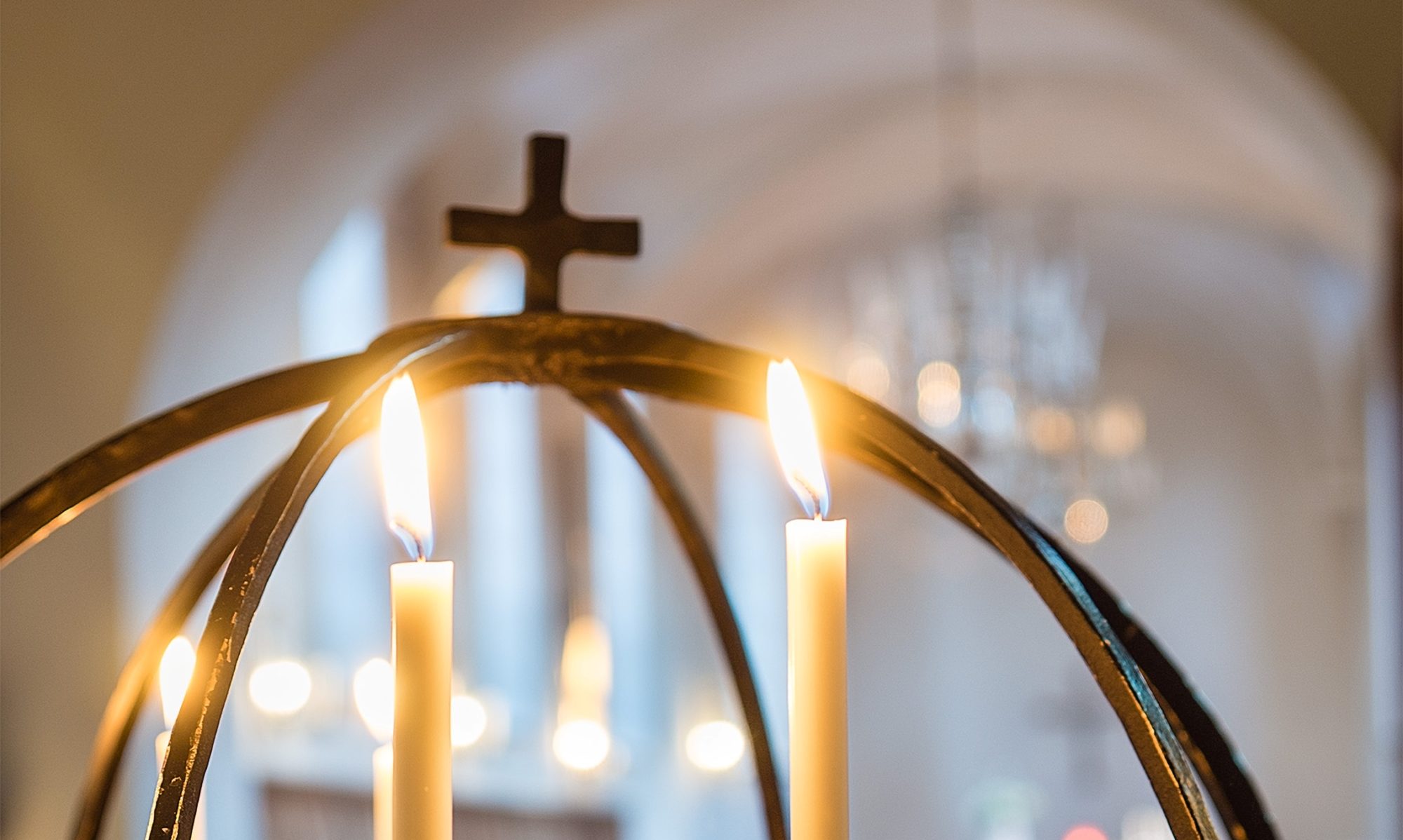Common Concern for Oikosnet Members?
Much has happened since Gerhard Robbers (available in many languages) and Wolfgang Lienemann/Hans Richard Reuter published their standard works about a decade ago on church-state relations in member states of the EU and of the Council of Europe. Their guiding question was not only the legal framework, but also the space given to religions to be present and visible in public and to contribute to the common good. Since then, there is a much bigger religious plurality in many European countries and, due to many reasons, there are serious attempts to relegate religion from the public more to the private sphere. It is probably right to say, in many circles religion is seen more as being part of the problem than being part of the solution.
No wonder, therefore, that recently many sociologists have started to re-analyse and to re-describe the role of religion in public in different European countries. The Religare Project (www.religareproject.eu), sponsored by the EU, in 2013 comes to the conclusion, that the EU should play “a more direct and active role … in developing a coherent policy framework that would strengthen the combat in Europe against discrimination on the basis of religion or belief in a way that is compatible with a democratic understanding of the functioning of pluralist democracies …”.
Inspired by the consultation and process on “The Role of Religion for Cultural Identity, Democracy and Peace”, to which the Sigtuna Foundation had invited Oikosnet to take an active part, the idea has grown to invite to a Europe-wide discussion forum, possibly leading to some consultations or a common project among Oikosnet members.
Guiding questions could be:
– What is the role of religions in the different European countries?
– How do religions accompany and influence societal developments and transition processes?
– What is the role of “Europe” in influencing national relations between state, society and religion?
If you are interested, please, contact Sabine Federmann at the Villigst Institute for Church and Society (sabine.federmann@kircheundgesellschaft.de)
